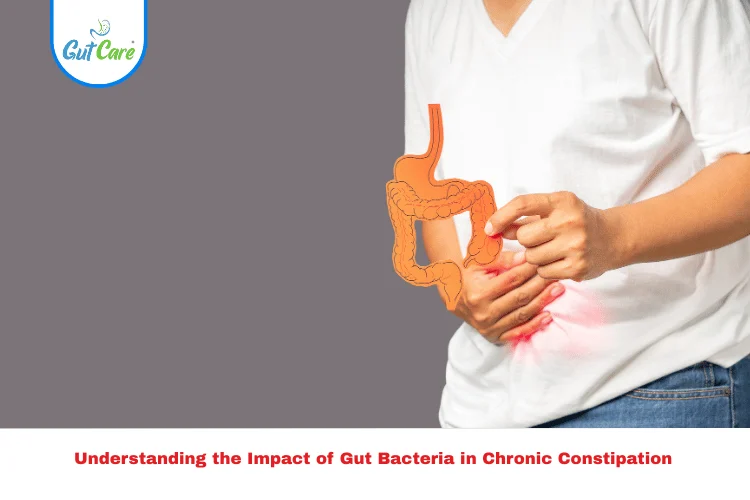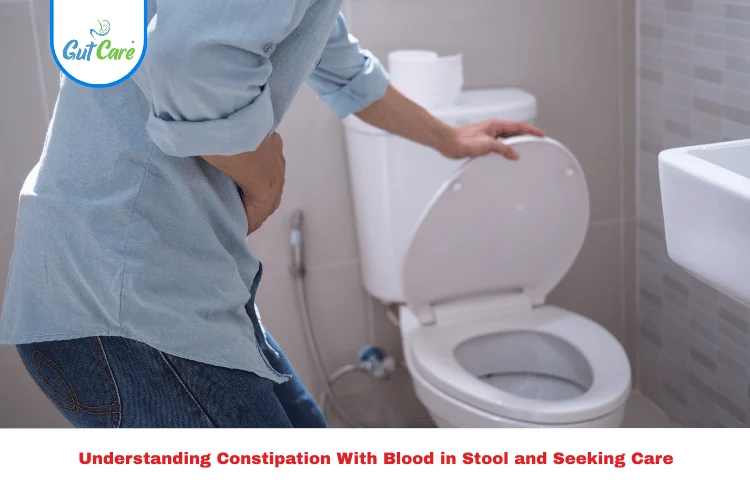Are you having trouble passing stools on a regular basis, feeling bloated, or uncomfortable? You’re not by yourself. Millions of people worldwide suffer from the common but annoying ailment known as chronic constipation. Finding long-term relief and enhancing your digestive health require an understanding of the underlying causes of chronic constipation. We’ll look at the most typical triggers in this guide and provide workable, medically supported remedies.
What Is Chronic Constipation?
Chronic constipation is an infrequent bowel movement or trouble passing stool that lasts for weeks or more. Although it is normal to have constipation from time to time, chronic constipation can impact quality of life and can be a sign of an underlying health condition.
Chronic vs. Occasional Constipation.
Common Causes of Chronic Constipation
1. Low Fibre Intake
Fibre helps move stool through the digestive tract. A diet low in fruits, vegetables, and whole grains can significantly slow down digestion and contribute to constipation.
2. Inadequate Water Consumption
Water softens stool and aids bowel movement. Dehydration can lead to hard, dry stools that are difficult to pass.
3. Sedentary Lifestyle
Lack of physical activity can reduce intestinal motility, making bowel movements less frequent.
4. Disregarding the Natural Need to Go
Disregarding the natural need to have a bowel movement can result in hard, dry stool, which over time can cause constipation.
5. Pharmaceuticals
Iron supplements, opioids, antidepressants, and antacids that contain calcium or aluminium are among the drugs that can cause chronic constipation.
6. Inequalities in Hormones
Constipation can result from digestive system interference caused by conditions such as pregnancy, diabetes, or hypothyroidism.
7. Health Problems
Chronic constipation is recognised to be caused by a number of medical conditions, including colorectal disorders, neurological disorders, and irritable bowel syndrome (IBS).
Symptoms That May Accompany Chronic Constipation
- Fewer than three bowel movements per week
- Hard, lumpy stools
- Straining during bowel movements
- A feeling of incomplete evacuation
- Abdominal discomfort or bloating
Effective Solutions
1. Increase Fibre Intake
Consume at least 25–30 grams of fibre daily from whole foods such as:
- Oats and bran cereals
- Leafy greens
- Beans and legumes
- Berries and apples (with skin)
2. Stay Hydrated
Drink 8–10 glasses of water per day. Limit caffeine and alcohol, which can lead to dehydration.
3. Exercise Regularly
Do some light exercise, like walking, swimming, or yoga, to get the intestines moving.
4. Establish a Bowel Routine
Attempt to go at the same time every day, ideally after eating. Don’t hurry the process.
5. Use over-the-counter treatment wisely.
Bulk – making laxatives and stool softeners can provide short-term relief but should be used under medical supervision.
6. Addressing underlying medical problems
If constipation persists despite a lifestyle change, you can contact a healthcare provider to examine the possible underlying cause of chronic constipation.
When to See a Doctor
Seek medical advice if you experience:
- Severe pain or bleeding during bowel movements
- Sudden change in bowel habits
- Unexplained weight loss
- Persistent fatigue or nausea
FAQs
1. What are the main causes of chronic constipation?
The primary causes include low fibre intake, dehydration, inactivity, certain medications, and underlying health conditions.
2. How much fibre should I eat to prevent constipation?
Adults should aim for 25–30 grams of fibre daily from fruits, vegetables, legumes, and whole grains.
3. Can stress cause chronic constipation?
Yes, chronic stress can affect gut motility and is considered one of the lesser-known causes of chronic constipation.
4. Is chronic constipation a sign of a serious condition?
Sometimes. It can be a symptom of underlying issues like IBS, thyroid problems, or neurological disorders.
5. What lifestyle changes help with chronic constipation?
Eating a high-fibre diet, staying hydrated, exercising regularly, and responding to bowel urges are key.
6. When should I consult a doctor for chronic constipation?
If symptoms last more than three weeks or are accompanied by severe pain, blood, or weight loss.
Conclusion
Understanding the causes of chronic constipation is the first step toward relief. Whether it’s your diet, lifestyle, or medications, identifying and addressing the root cause can dramatically improve your gut health and comfort. Don’t wait to make changes—your digestive system will thank you.
Relieve discomfort today—take the first step toward better digestion now!




